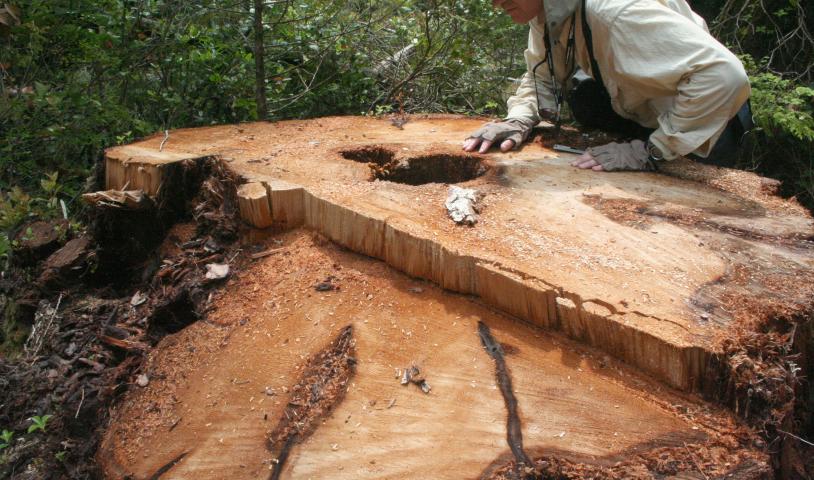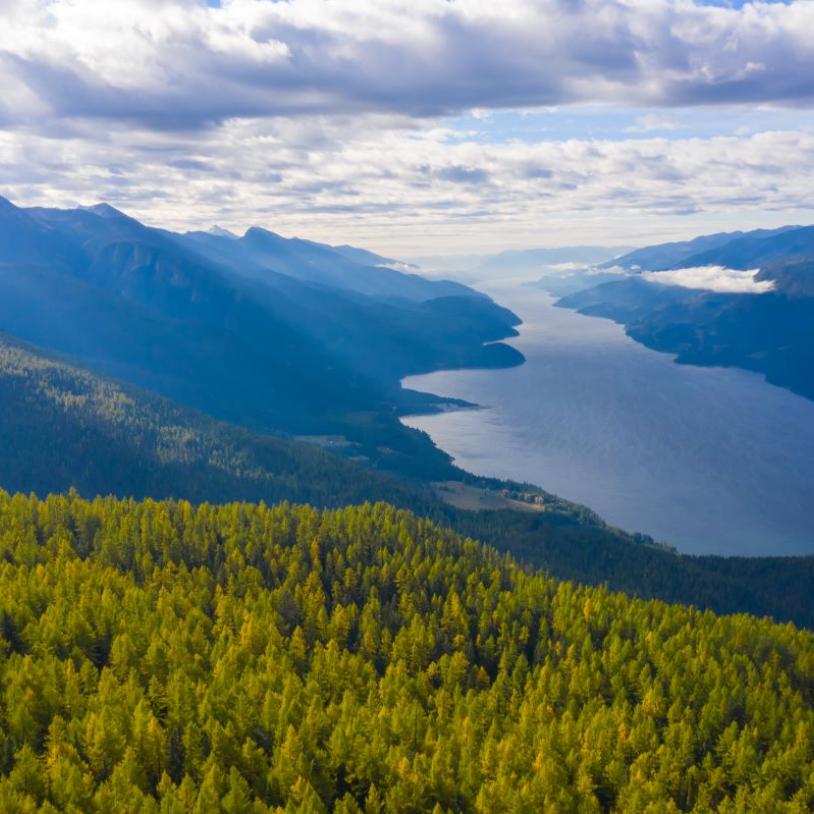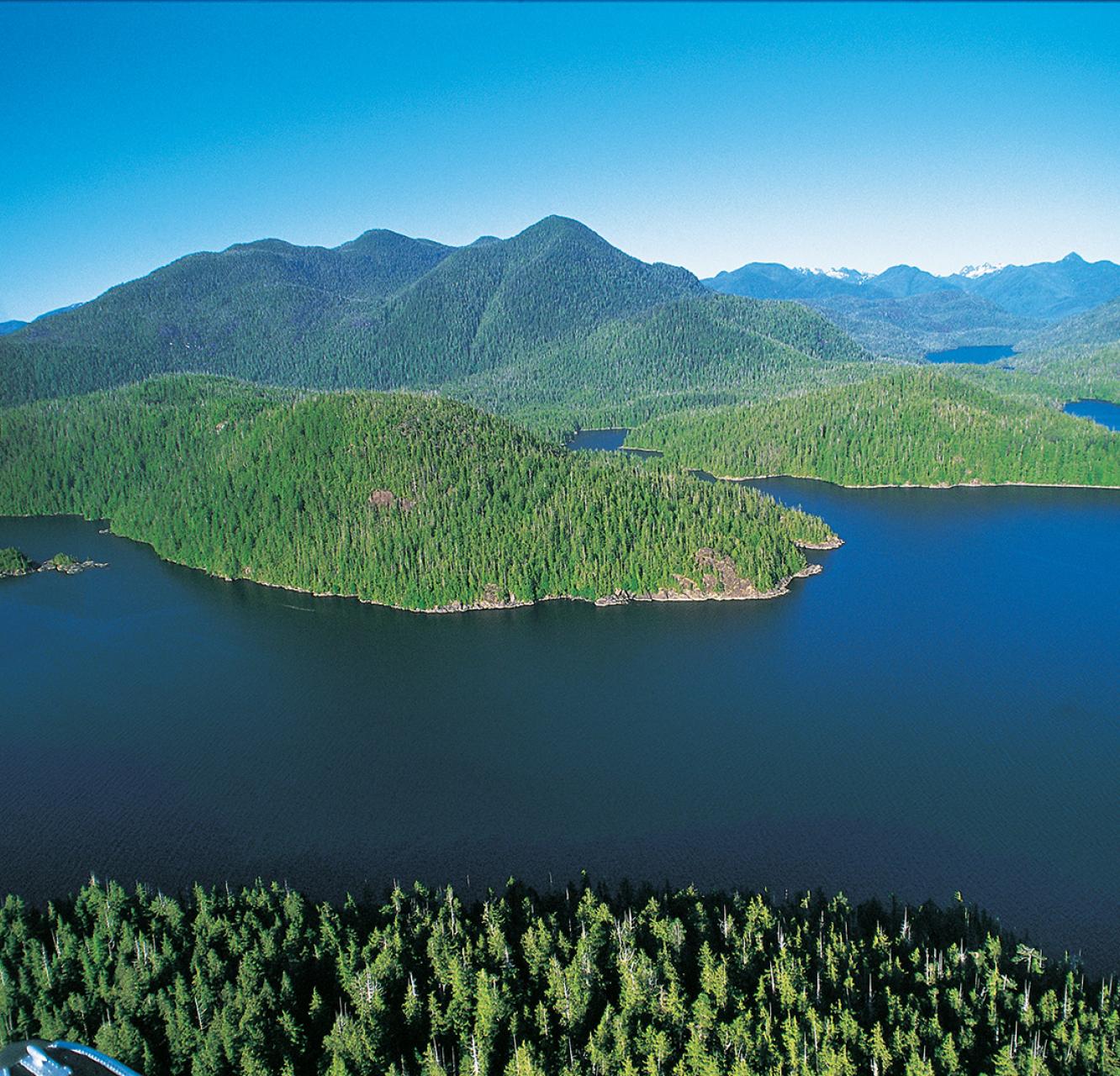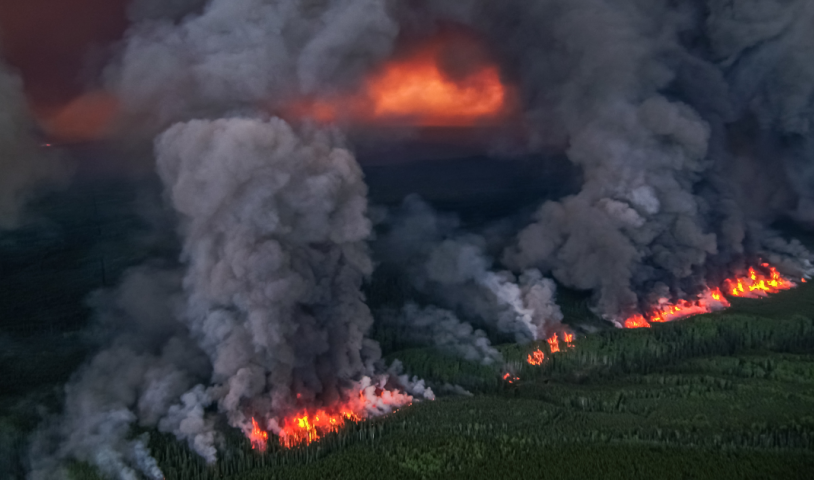Sides in Clayoquot dispute agree to talk
Monday, July 28, 2008
Environmentalists angered by aboriginal-owned company’s plan to harvest trees in watershed
VANCOUVER — Native and environmental groups are sitting down to settle their heated dispute over the fate of forests in Clayoquot Sound, a controversial wilderness area on the west coast of Vancouver Island that was a symbol of aboriginal and environmentalist solidarity in vocal resistance to clear-cuts in the early 1990s.
At issue is about 100 hectares in the 1,767-hectare Hesquiat Point Creek watershed slated for logging. Aboriginal-owned MaMook Natural Resources, Ltd., in partnership with Coulson Forest Products Ltd., plans to harvest trees there – a project that natives argue is vital to economic development for their communities, which have unemployment rates well into the double digits. According to B.C. Forestry Ministry guidelines, no more than 5 per cent of that area can be cut over a five-year period.
Environmental groups are crying foul over the companies’ plan to harvest trees in pristine areas of the watershed, whose old-growth trees they say are too precious to be chopped down. Several groups issued an ultimatum to MaMook and Coulson on the weekend, threatening the kind of blockades common in 1993 in what became known as the war of the woods.
Tensions eased yesterday when the groups agreed to meet and discuss the situation. “We have been invited to talk with the chiefs about the future of Clayoquot Sound, a UNESCO Biosphere Reserve and one of Canada’s most famous forests, and are hopeful about the outcome of this dialogue,” read a statement issued jointly by Greenpeace, ForestEthics, the Western Canada Wilderness Committee, the Friends of Clayoquot Sound and the Sierra Club.
John Frank, deputy chief councillor of the Ahousaht First Nation, one of the four bands invested in the project, said derailing the logging plan would rob Clayoquot’s aboriginal communities of a chance to get out of poverty and government dependence.
“It’s to put bread and butter for our children and for the next seven generations,” he said, adding that the native communities have a sustainable-harvesting plan in place that will not cause the environmental devastation associated with the clear-cuts in Clayoquot’s past.
“Whose traditional territory is it? Is it the Friends of the Clayoquot Sound, or is it the chiefs that are the stewards of the land? … I would never go into Hesquiaht territory and tell them how to run their affairs.”
The 1,800-person Ahousaht community has an unemployment rate of about 35 per cent. The Hesquiaht First Nation, in whose territory the proposed logging would be done, has 70-per-cent unemployment.
“The national level is at 7.5 [per cent],” Mr. Frank said. “I think we’re just working towards getting to that, and it’ll be a glorious day when we get to 7.5 like the rest of society.”
Vicky Husband owns land in Clayoquot Sound and has been involved with environmental groups such as the Sierra Club, campaigning for Clayoquot’s preservation for years.
“Things are very tense. … It could be a flashpoint,” she said.
Ms. Husband said aboriginal groups need economic alternatives to forestry, but the province has not done enough to encourage that.
“They haven’t done an adequate job of protecting the forests of Clayoquot Sound, and offering alternatives for aboriginal communities. There are just short-term solutions that are not solutions for anybody, really.
“This is not the time to be cutting these critical forests in Clayoquot Sound. These are much more valuable standing for everyone into the future.”
A memorandum of understanding between environmental groups and Iisaak Forest Resources Ltd. in 1999 contains a provision in which the forestry company promised to maintain the pristine nature of untouched areas of old-growth forest. The proposed logging would go against that agreement, said ForestEthics B.C. coast campaign director Valerie Langer.
“There are almost no intact valleys left on Vancouver Island. They’re very precious. Fifty years ago they wouldn’t have been that unusual, but now intact valleys on Vancouver Island are a rarity,” she said.
“All the environmental organizations would love to see a reduction in the scale of logging in general because of habitat. Old-growth [forest] is habitat, and every time you reduce habitat you have an impact on species.”
Forestry Minister Pat Bell said he hopes the groups can settle their differences without the need for blockades.
“It is a very light-footprint form of log harvesting, a very small amount of timber that would be removed,” he said. “Ultimately, I think it’s important the environmental community meets with the first nations, meets with the log-harvesting companies and try and find something that works for everyone.”





